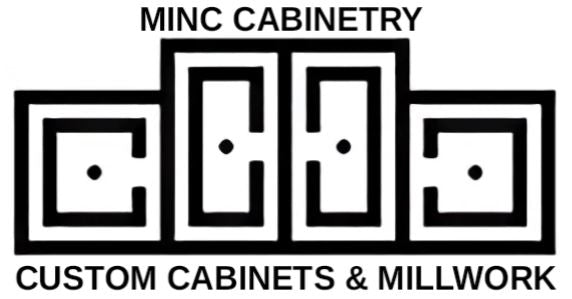Poplar

Poplar wood, derived from the poplar tree (Populus spp.), is a popular choice in various woodworking projects due to its favorable characteristics. Here are some key features of poplar wood:
Appearance: Poplar wood typically has a light to pale yellowish or creamy-white color, which can sometimes have streaks of green, gray, or brown. The wood may darken slightly with age and exposure to light.
Grain Pattern: Poplar generally has a straight and uniform grain pattern, though occasional variations like interlocked or irregular grain can be found.
Texture: The wood has a medium to fine texture, making it relatively easy to work with using both hand and machine tools.
Density: Poplar is considered a medium-density hardwood, making it lighter than some other hardwoods like oak or maple. Its density can vary depending on the species and growing conditions.
Durability: While poplar is a hardwood, it is not as durable as some other hardwoods. It is moderately resistant to decay and rot but can be susceptible to insect damage if not treated or finished properly.
Workability: Poplar wood is known for its excellent workability. It cuts, sands, and glues well, and it takes finishes and paints evenly, which makes it a favorite choice for projects requiring a smooth surface.
Stability: Poplar wood exhibits good dimensional stability, meaning it is less prone to significant shrinking or swelling due to changes in humidity and temperature compared to many other woods.
Common Uses: Poplar wood is commonly used in a variety of applications, including furniture making, cabinetry, millwork, interior trim, and molding. It is also popular for craft projects and is sometimes used as a secondary wood in furniture construction.
Sustainability: Poplar is a fast-growing tree species, which makes it a more sustainable choice compared to slower-growing hardwoods. Managed plantations can provide a steady supply of poplar wood without significant environmental impact.
Cost: Poplar is generally more affordable than many other hardwoods, which makes it an attractive option for budget-conscious woodworking projects.
Overall, poplar wood's versatility, ease of workability, and cost-effectiveness have made it a popular choice for various woodworking applications and projects. However, it is essential to note that specific characteristics may vary depending on the particular species of poplar and the region it was grown in.
